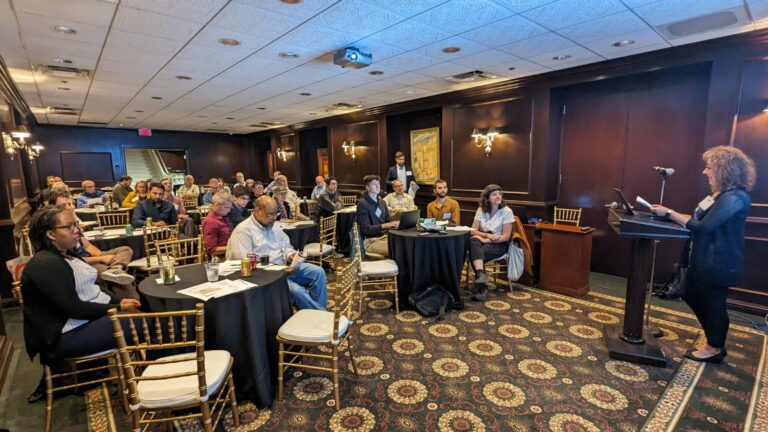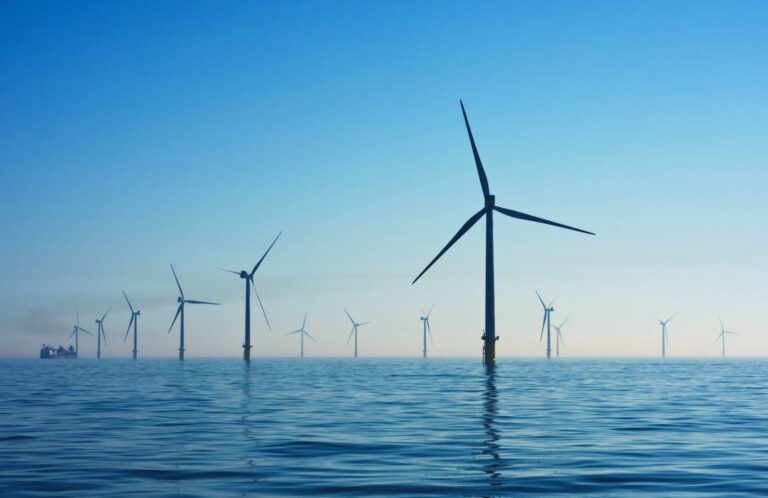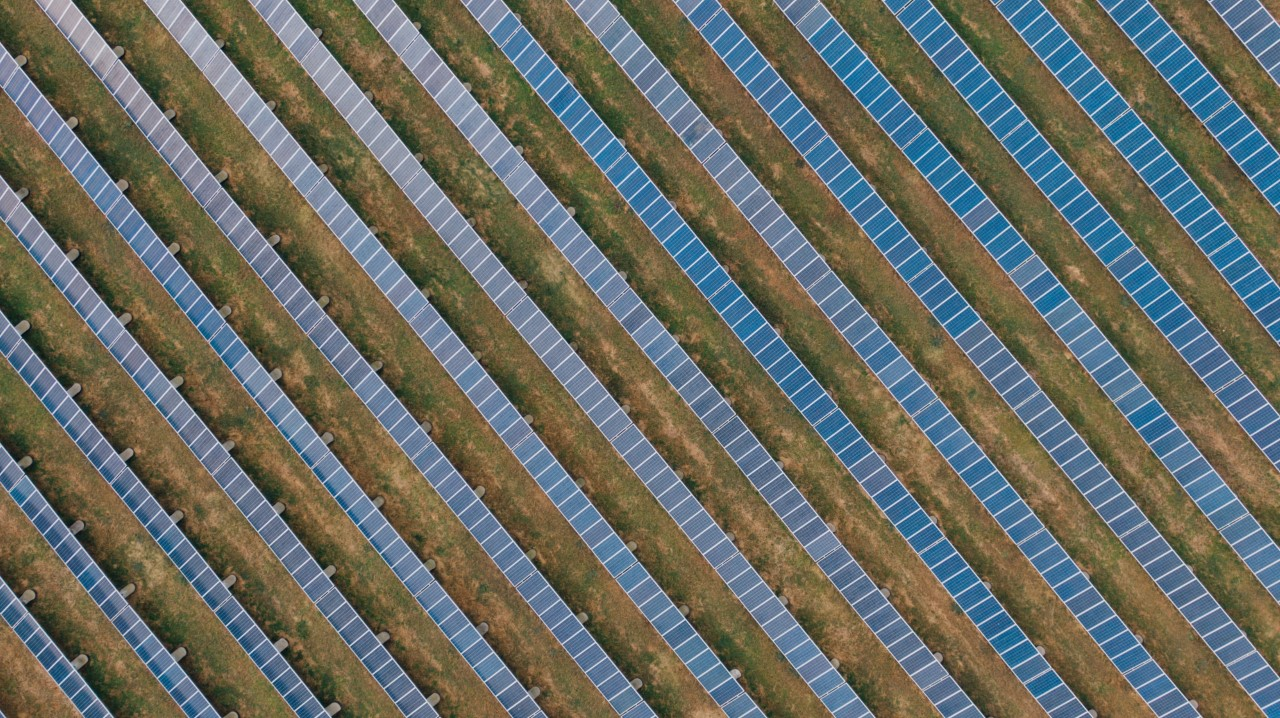By Alexandra Kroger
As published in The Philadelphia Inquirer on January 15, 2022. The essay was included as part of an Opinion piece titled, 3 Philly experts on how the city can burn less fossil fuel to heat homes, with additional items from Steve Luxton of the Energy Coordinating Agency of Philadelphia and Bishop Dwayne Royster of POWER Interfaith.
Renewable natural gas, or RNG, is biogas that is made by the decomposition of organic material at landfills and other waste treatment sites. Once recovered and processed, RNG can be delivered by your utility and used in place of natural gas. These uses include home heating and cooking, and industrial processes like electricity generation.
RNG is mostly methane, which is estimated to be as much as 80 times more potent of a greenhouse gas than carbon dioxide. Using RNG as a fuel reduces methane leakage into the atmosphere from landfills and other waste treatment facilities. In addition, RNG is obtained without drilling or fracking. Using RNG also reduces harmful disruption to air, ground, and water resources that occurs when fossil natural gas is recovered. Finally, RNG is a readily available and sustainable alternative to finite fossil natural gas reserves.
Is there enough RNG to replace all fossil gas? No. But a 2019 study by the consulting firm ICF estimated that the potential for pipeline-quality RNG production could meet 10% to 24% of U.S. natural gas consumption needs by 2040. And an informal survey of Pennsylvania landfills by the Energy Co-op several years ago suggests that there is enough biogas available in Pennsylvania to supply RNG to all Philadelphia residential customers.
RNG will not be the sole answer to global warming and climate change. But wide-scale recovery and use of RNG would be a major step toward a carbon-neutral planet and a more sustainable energy future for all Philadelphians.





